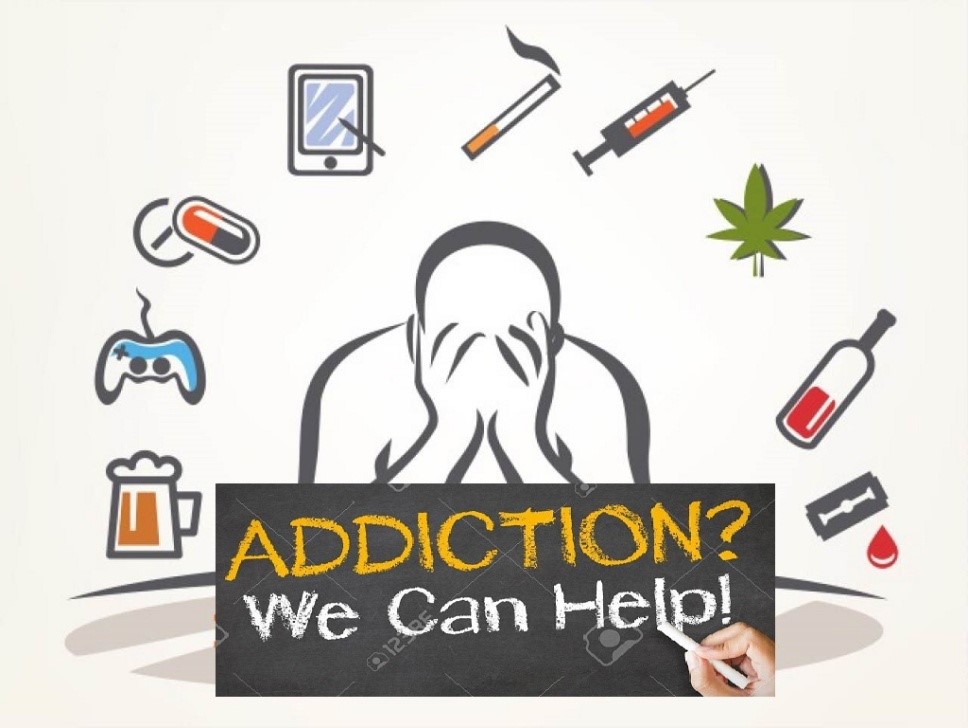Addiction is a brain disorder characterized by compulsion engagement in rewarding stimuli despite adverse consequences. People with addiction (severe substance use disorder) have an intense focus on using a certain substance(s), such as alcohol or drugs, to the point that it takes over their life. The two properties that characterize all addictive stimuli are:
People can develop an addiction to:
These substances can cause harmful changes in how the brain functions. These changes can last long after the immediate effects of the drug — the intoxication. Intoxication is the intense pleasure, calm, increased senses or a high caused by the drug. Intoxication symptoms are different for each substance. Over time people with addiction build up a tolerance, meaning they need larger amounts to feel the effects.
Symptoms of substance use disorder:
Many people experience both mental illness and addiction. The mental illness may be present before the addiction. Or the addiction may trigger or make a mental disorder worse.
How Is Addiction Treated - DEADDICTION
Effective treatments for addiction are available.
The first step on the road to recovery is recognition of the problem. The recovery process can be hindered when a person denies having a problem and lacks understanding about substance misuse and addiction. The intervention of concerned friends and family often prompts treatment.
At Chethana Neuro Centre we conduct a formal assessment of symptoms to see if a substance use disorder exists. Even if the problem seems severe, most people with a substance use disorder can benefit from treatment. Unfortunately, many people who could benefit from treatment don’t receive help.
Because addiction affects many aspects of a person’s life, multiple types of treatment are often required. For most, a combination of medication and individual or group therapy is most effective. Treatment approaches that address an individual’s situation and any co-occurring medical, psychiatric and social problems can lead to sustained recovery.

Medications are used to control drug cravings and relieve severe symptoms of withdrawal. Therapy can help addicted individuals understand their behavior and motivations, develop higher self-esteem, cope with stress and address other mental health problems. Treatment may also include:
We also help patients to overcome from Behavioral related addictions like:
